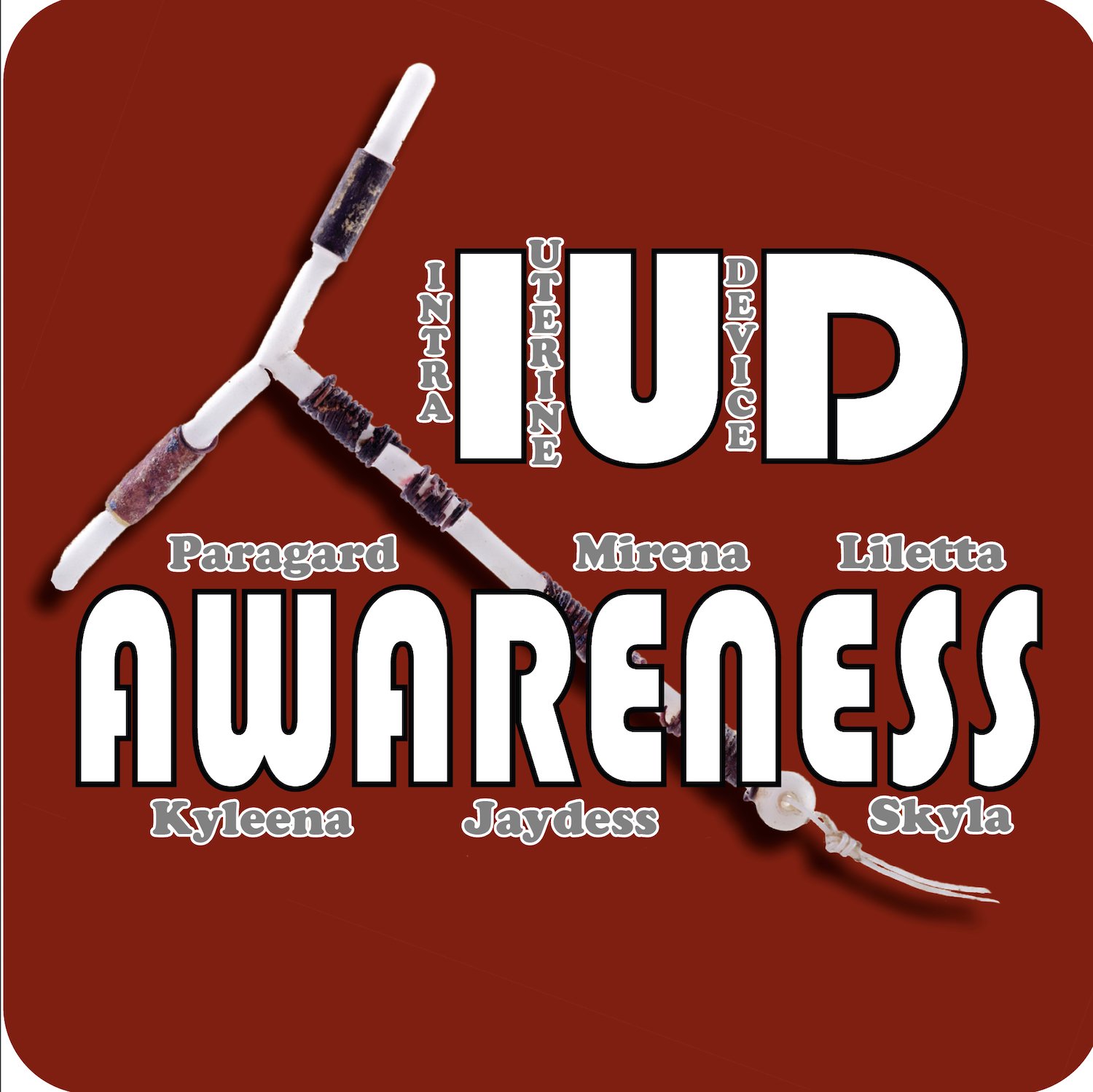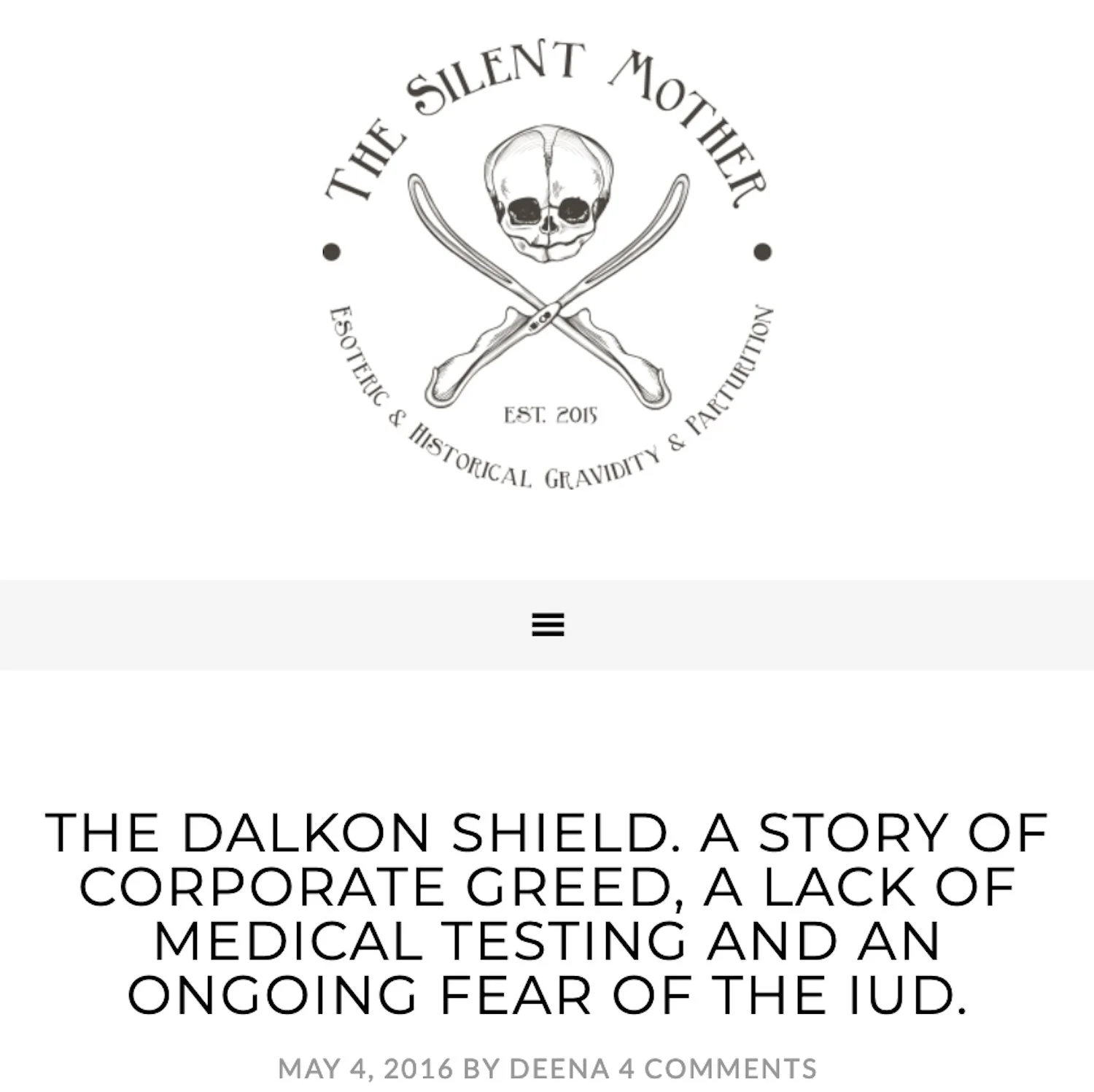The Dalkon Shield. A Story of Corporate Greed, a Lack of Medical Understanding and an Ongoing Fear of the IUD.
/“In 1971, the A.H. Robbins company brought the Dalkon Shield to market, billed as a safer alternative to The Pill. The birth control pill, still being relatively new, had some kinks yet to be worked out. Many women were unhappy with it’s side effects and were searching for something that was safe and effective. Given the hole in the market, it was a prime business opportunity for A.H. Robbins and this new style of IUD.
IUDs have been around for a over a thousand years, in various shapes and forms. The Dalkon Shield, however, had something new going for it – a mass marketing campaign. Well, that and a different physical structure and an entirely different kind of string… but we’ll get to that in a minute.
This marketing campaign was so successful that approximately 2.8 million women eventually used the Dalkon Shield. They were, however, unaware of the lack of proper testing on this device and its safety.
Although A.H. Robbins tested the Dalkon Shield for efficacy, they did not test it for safety. At the time, that was not required before putting it out to market. The company also padded it’s efficacy rate to show a 2-3% failure rate, as opposed to the 10% failure rate it actually had.
The blue stick is the insertion device. The grey, insect looking thing is the IUD itself.
There was a rather large problem with the Dalkon Shield. The string which attaches to the plastic IUD was made of a multi-filament string instead of a mono-filament string. Why is this an issue? Well the multi-filament string allows bacteria to creep up into the uterus whereas a mono-filament string does not. Bacteria, as we know, causes infection. Infection leads to sepsis. Sepsis leads to hospitalization, massive doses of antibiotics, the potential for surgery and so on. The biggest complaint being pelvic inflammatory disease, which beyond it’s discomfort, can lead to infertility.
All of this lead to five deaths, multiple spontaneous abortions and over 300,000 lawsuits against A.H. Robbins. The company folded under the pressure.”
















History of IUD
IUD Alert